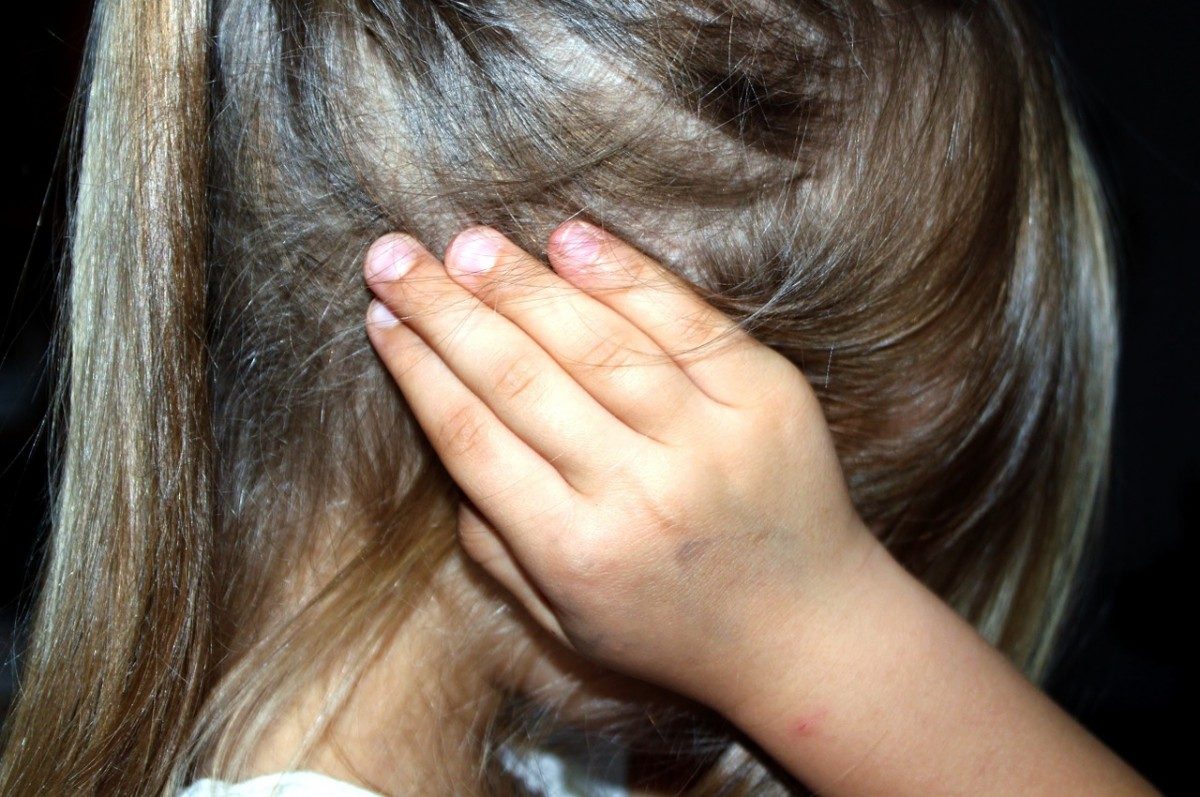
Why parents should never spank children
The following article appeared in The Conversation on October 29, 2017, co-authored by Tracie Afifi of Community Health Sciences at the University of Manitoba:
Spanking — usually defined as hitting a child on the buttocks with an open hand — is a common form of discipline still used on children worldwide. However, to date, spanking has been banned in 53 countries and states globally.
The use of spanking has been hotly debated over the last several decades. Supporters state that it is safe, necessary and effective; opponents argue that spanking is harmful to children and violates their human rights to protection.
As two scholars with extensive research experience and clinical insight in the field of child maltreatment, and with specific expertise related to spanking, we would like to move beyond this debate.
The research clearly shows that spanking is related to an increased likelihood of many poor health, social and developmental outcomes. These poor outcomes include mental health problems, substance use, suicide attempts and physical health conditions along with developmental, behavioural, social and cognitive problems. Equally important, there are no research studies showing that spanking is beneficial for children.
Those who say spanking is safe for a child if done in a specific way are, it would seem, simply expressing opinions. And these opinions are not supported by scientific evidence.
The evidence on spanking
There have now been hundreds of high-quality spanking research studies with a wide variety of samples and study designs. Over time, the quality of this research has improved to include better spanking measures and more sophisticated research designs and statistical methods.
The scientific evidence from these studies has consistently shown that spanking is related to harmful outcomes for children.
This has been best demonstrated in two landmark meta-analyses led by Dr. Elizabeth Gershoff. The first paper, published in 2002, reviewed and analyzed 88 studies published in the 62 years prior and found that physical punishment was associated with physical abuse, delinquency and antisocial behaviour.
An updated meta-analysis was most recently published in 2016. This reviewed and analyzed 75 studies from the previous 13 years, concluding that there was no evidence that spanking improved child behaviour and that spanking was associated with an increased risk of 13 detrimental outcomes. These include aggression, antisocial behaviour, mental health problems and negative relationships with parents.
We now have data that clearly demonstrates that spanking is not safe, nor effective. Of course this does not make parents who have used spanking bad parents. In the past, we simply did not know the risks.
Towards positive parenting strategies
Evidence from over 20 years of research consistently indicates the harms of spanking. There is also increasing global recognition of the rights of children to protection and dignity, as inscribed in the UN Convention on the Rights of the Child and in targets within the UN Sustainable Development Goals (SDGs) to eliminate violence. Taken together, these tell us that spanking should never be used on children or adolescents of any age.
It is important, now, to find ways to help parents use positive and non-physical strategies with their children. Research already shows some evidence that parenting programs specifically aimed at preventing physical punishment can be successful.
Some evidence for reducing harsh parenting and physical punishment has been found for Parent-Child Interaction Therapy (PCIT), the Incredible Years (IY) program and the Nurse Family Partnership (NFP). Other promising home visiting initiatives and interventions taking place in community and paediatric settings are also being examined for proven effectiveness.
As researchers, we also need to reframe the research we are conducting, the questions we are asking and the discussions we are having — to move this field forwards and to ensure the safety and well-being of children. The academic journal Child Abuse & Neglect has published a special issue, containing original research and discussion papers containing further strategies. It is free to all readers for a limited time.







I respectfully disagree with your findings. If a child does not know what is espected, or allowed in society they will never be able to relate to societies rules of acceptable behaviours. A mild slap on the derriere is not going to hurt anyone and will draw their atteention to what types of behaviour is acceptable. We have many young people who have never been disciplined who believe they can do as they please with the result that respect for teachers, police and established management systems are ignored or disrespected. An attention getting slap is NOT going to harm a child and may in the long run be of benefit!
There is nothing positive about spanking..most of the time it is done in anger because you couldn’t control yourself or the child…calming yourself and talking is better…show that bad behaviours or actions have consequences…if they are out of control and affecting family and society(schooling example)seek help .. if they don’t outgrow it leave it to the courts and hope they eventually grow into productive adults
Model what you expect.
Model, model, model.
It is funny how people will ignore the evidence, even when it is right in front of them. Really? You’ll disagree with the findings of 88 studies? That isn’t enough for you to be convinced that spanking is detrimental?
If a child does not know what is expected of them, then teach them. We lead by example. We MODEL appropriate behavior. A slap will draw their attention to what types of behavior are acceptable? Which behavior is that? That violence is the answer?
It has been proven that physical discipline has the exact opposite effect than what parents want.
Having studied child development and been a teacher–the kids who are physically punished and have authoritarian parents are usually the ones who act out the most–especially when mom and dad aren’t around. The most well behaved kids are the ones that are respected, and guided rather than punished.
You want respectful kids? Show them respect!